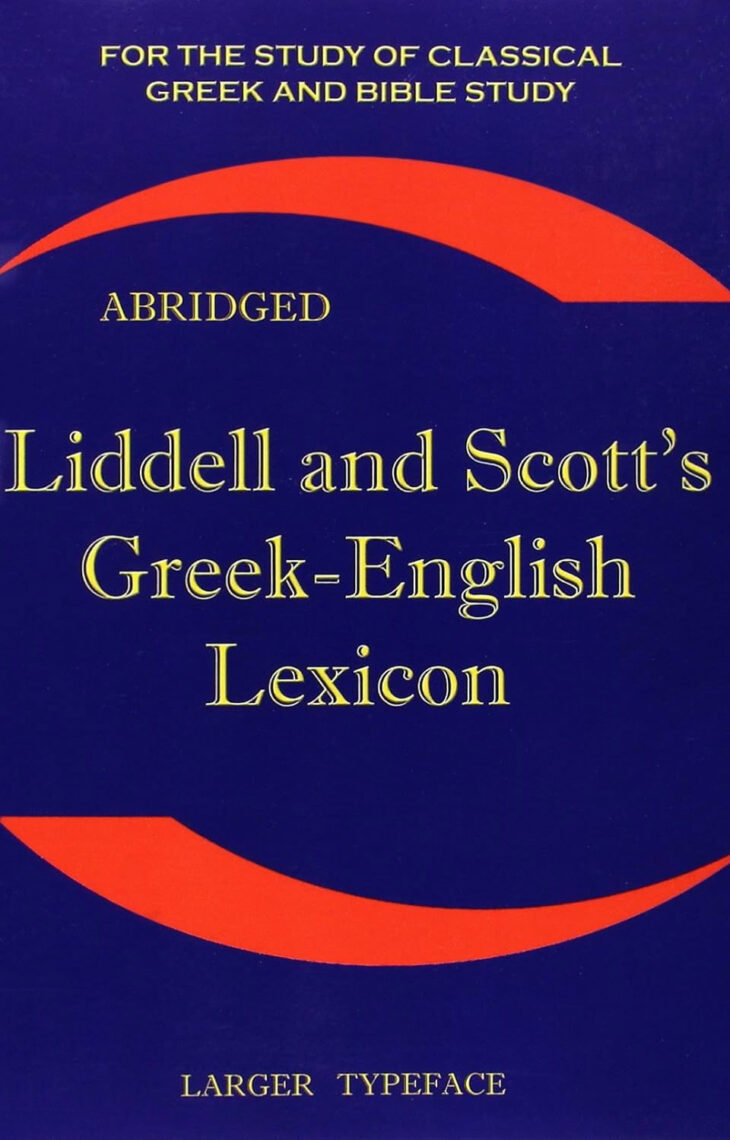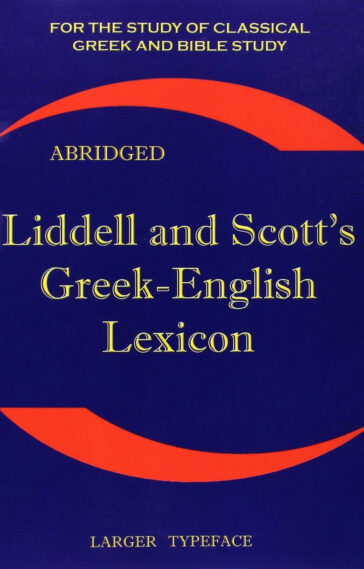Last updated on August 28th, 2024 at 11:49 am
Greek is often regarded as one of the foundational languages of Western civilization, but it is not considered the “mother” of all Western languages.
Instead, it is one of several ancient languages, including Latin and Sanskrit, that have significantly influenced the development of Western languages.
Ancient Greek has had a profound impact on the vocabulary, grammar, and literature of many modern Western languages, particularly through its contributions to philosophy, science, mathematics, and the arts.
Many English words, especially in the fields of science and medicine, are derived from Greek.
A living proof is that without Greek, English today would have 30% fewer words.

The complex relationship of Greek to almost every language of today
This is a very big subject, but instead of trying to delve deep into the subject we will only use one example, a single word, and give its relation to today’s words.
The word ‘Sea’
The Sea in Ancient Greece:
The word Sea had more than 13 different names in Ancient Greek, That’s right, 13.
- With equal to 0 Beaufort wind, it was called “Galini” (Calm, Serenity).
- With equal to 1 Beaufort wind, it was called “Alsalos.”
- With equal to 2 Beaufort winds, it was called “Thalatta or Thalassa” (Today’s Greek word for Sea).
- With equal to 3 Beaufort wind, it was called “Myra,” which is the root of words like:
- Latin/Italian: Mare
- French: Mer
- Spanish/Portuguese: Mar
- German: Meer
- Russian: Mope
- Finnish: Meri
- Slovak: Mora
- Slovenian: Morje
And also words like Marin, Marina, Mirror, as well as Maera (a Nereid), from which comes the Hebrew Myriam = “Lady of the Sea.”
- With equal to 4 Beaufort wind, it was called “Pelagos,” leading to names like:
- “Pelasgos” = of the sea, traveler
- “Pelagonia,” “Pelagonic Peninsula”
- With equal to 5 Beaufort wind, it was called “Poros,” derived from the ancient Greek verb peiro = to pierce, to pass through, to cross the sea. But what do you use to cross the sea? A floating “medium” (naus = ship). From the ancient Greek verb peiro, we also get “pirate” (peiratis), and “piracy” (peirateia). “Poroi Alos” were the sea routes. Someone who was in the “Poros” (the passage, the sea route), with the prefix en (inside) was called “emporos” (merchant). This is where trade (emporio) begins. This is how they became “euporos” (prosperous, rich) or, if they couldn’t engage with the sea, they were “aporos” (without the wealth the sea provides, pour).
- With equal to 6 Beaufort wind, it was called “Pontos,” giving us terms like “Pontoporos” (seafaring) ship, “Pontians.”
- With equal to 7 Beaufort wind, it was called “Klydon,” leading to the term klydonismos (pitching or rolling of a ship).
- With equal to 8 Beaufort wind, it was called “Acha.” The word “Chaos” (from the Stoic concept chaos from cheo = to pour) comes from “acha.” This word travels and becomes Swedish/Danish: hav, Latin: aqua.
- With 9 Beaufort wind, it was called “Rothion.”
- With equal to 10 Beaufort winds, it was called “Don-Dan or Donisis” = vibration. This word travels and gives us:
- Turkish: deniz (sea)
- And from seismos (shaking), synonymous with Donisis (vibration), we get English: sea, Dutch: zee, Norwegian: sjø.
- With equal to 11 Beaufort wind, it was called “Bryx.”
- With equal to 12 Beaufort wind, it was called “Brycha,” meaning something under the surface of the sea, hence “Hypo-brychion = submarine” (underwater).
Source: The Meaning Within the Word, Greek Word By Anna Tsiropoulou Efstathiou, and the Liddell-Scott Dictionary
This is only one word, and we will not extend it to any other. But this small example shows how complex is the relationship of the Greek language with today’s world.
If I didn’t speak Greek I was going to try to learn.
Read more
Greece’s Most Beautiful Beaches in 2023
The beaches of Greece are a paradise for beach lovers. So, we’ve put together a list of our favorite Greek beaches to help you make the most of your time in this beautiful country.
How Has the Greek Language Influenced The World
Greek is often regarded as one of the foundational languages of Western civilization, but it is not considered the “mother” of all Western languages.
Ancient Goddesses: Powerful Women in Greek Mythology
The presence of Goddesses and powerful women in Greek mythology is vast; in fact, it is not inferior to that of men, and in many instances, it surpasses it.
The Best of Western Crete in One Week
This road trip itinerary is designed for people who want to explore the best of Western Crete in just one week.
The Olympic Games in Ancient Greece
The Olympic Games in ancient Greece were a major sporting and cultural event that took place every four years in Olympia, a sanctuary dedicated to the god Zeus.
Revealing Most Important Figures of Greek Mythology
Greek mythology is a rich tapestry of divine beings and stories, with each generation of gods possessing its own unique qualities, roles, and rulers.











Comments